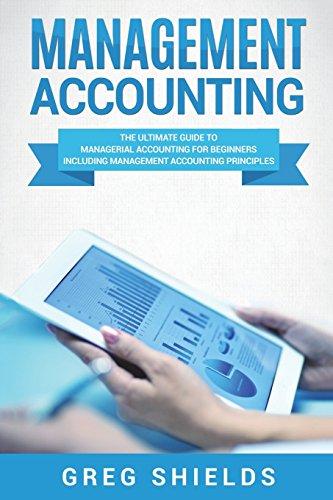Question
1. Given the following balance sheet, analyze the banks interest rate risk by answering the questions below. Dollars are in millions. Assets Liabilities and Equity
1. Given the following balance sheet, analyze the banks interest rate risk by answering the questions below. Dollars are in millions.
Assets Liabilities and Equity
Cash $ 9.20 Demand deposits $ 73.40
1-month T-bills (0.25%) 51.30 3-month CDs (0.50%) 41.30
3-month T-bills (0.45%) 31.40 1-year CDs (1.10%) 61.20
5-year T-bonds (1.95%) 84.30 3-year CDs (1.89%) 51.40
2-year business loans (4.35%) 56.90 5-years CDs (3.42%) 61.30
10-year business loans, (6.75% fixed rate) 82.60 Long-term debt (4.65% fixed rate) 114.50
30-year mortgages, floating rate
(3.26%, reset every 6 months) 102.40 Equity 23.60
Premises 8.60
Total Assets $ 426.70 Total Liabilities and Equity $ 426.70
a. Calculate the banks net interest income (NII). (10 points)
b. Calculate (i) the one-year repricing gap (CGAP) and (ii) the gap ratio for the bank. (6 points)
c. Use the repricing gap model to estimate the change in net interest income (NII) if interest rates are expected to increase by 175 basis points next year. Assume that the spread between rates on assets and liabilities remains constant. (4 points)
d. Estimate NII if interest rates on rate-sensitive assets increase by 195 basis points and interest rates on rate-sensitive liabilities increase 155 basis point. (5 points)
e. Why are the answers in c. and d. different? How do these estimates represent the CGAP effect and the spread effect? Explain. (3 points)
2. Suppose a bank has financed a $4,000,000 4-year loan with a semiannual coupon rate of 6.48% with a 10-year $2,000,000 CD with an annual coupon rate of 5.15%. The yield on the loan is 6.20% and the yield on the CD is 5.30%.
a. Calculate the (i) durations and (ii) modified durations for the loan and the CD. (16 points)
b. If market interest rates increase 70 basis points, estimate the effect on the market value of the banks equity from this arrangement. (8 points)
c. Explain how the market value of the banks equity actually increases even though interest rates decrease. (3 points)
3. An insurance company owns a 15-year 6 percent Treasury bond. The bond has a $100,000 face value and pays its coupon semiannually. Its duration is 9.9632, current market price is $103,563 and its current yield to maturity is 5.75%. The insurance company is concerned that interest rates may rise by 75 basis points. Treasury bond futures are currently available with a price of 101.
a. If interest rates rise by 75 basis points, what will be the impact on the insurance companys Treasury bond value? Support your answer with appropriate calculations. (5 points)
b. If the insurance company hedges its position in the Treasury bond with a Treasury future, what position should it take in the future? Why? (4 points)
c. Suppose interest rates rise by the expected 75 basis points and the insurance company has hedged its position as you recommend in b. Calculate the net value of the hedge after the increase in interest rates. (6 points) 4. A financial institution currently uses a base rate of 6%, charges an origination fee of 0.25% and requires a compensating balance of 8%. The Federal Reserve imposes a 10% reserve requirement on the banks demand deposits. For a customer with a 4.5% risk premium, calculate the banks ROA on the loan. (6 points)
5. A bank is considering a loan applicant for a $7,500,000 9-year loan. The servicing fee is expected to be 34 basis points and the banks cost of funds, its RAROC benchmark, is 8%. The estimated maximum change in the borrowers risk premium is 2.6%. The loans duration is 8.42 years and current market interest rates for similar loans is 12%. Based on the RAROC model, should the bank make the loan? Why or why not? (10 points)
Step by Step Solution
There are 3 Steps involved in it
Step: 1

Get Instant Access to Expert-Tailored Solutions
See step-by-step solutions with expert insights and AI powered tools for academic success
Step: 2

Step: 3

Ace Your Homework with AI
Get the answers you need in no time with our AI-driven, step-by-step assistance
Get Started


